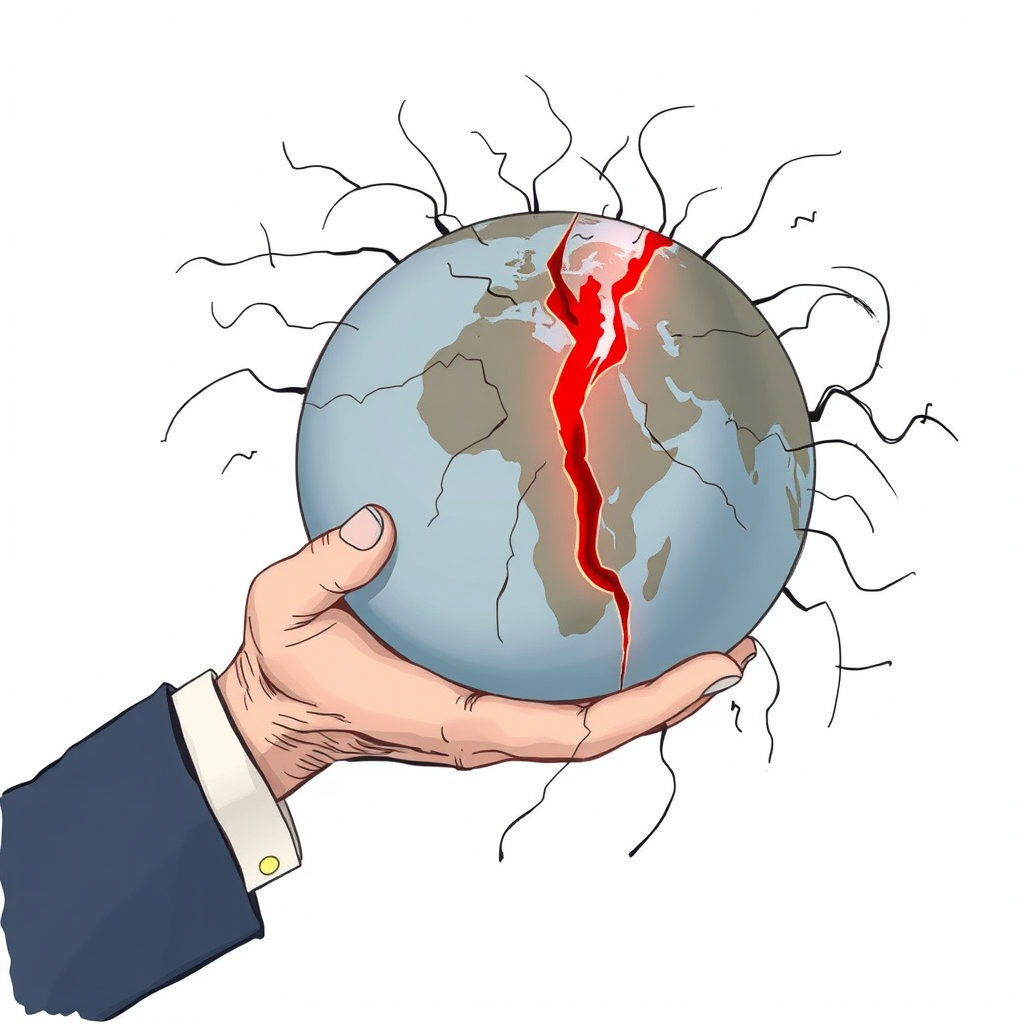Trump’s Foreign Policy: Chaos, Instincts, and No Plan

Donald Trump’s approach to foreign policy isn’t defined by a coherent strategy, but rather a volatile mix of instinct and impulse, creating a potentially dangerous unpredictability on the world stage. For years, the Republican Party has been split between interventionist “hawks” and an “America First” contingent advocating for withdrawal from global commitments. While many anticipated Trump would align with one faction, his record suggests he transcends – or perhaps ignores – ideological consistency.
Trump doesn’t operate with a grand strategy, but instead reacts based on gut feelings: prioritizing perceived American self-interest, disregarding international norms, aggressively employing force, and seeking “deals” that benefit the United States – or, crucially, enhance his personal image. This approach mirrors his business dealings, prioritizing short-term gains over long-term stability.
This isn’t a new observation. Throughout his presidency, Trump has demonstrated a pattern of erratic policy shifts, often contradicting previous statements and actions. This volatility isn’t simply a lack of ideology, but a fundamental allergy to consistent doctrine. He’s less interested in what the policy is, and more focused on who is currently influencing him.
The danger lies in the concentration of power within the presidency, coupled with Trump’s susceptibility to external influence. While previous administrations have been guided by established foreign policy professionals, Trump has surrounded himself with loyalists, intensifying the factional battles within his own administration. These competing factions vie for his attention, attempting to steer policy in their preferred direction, but without a guiding vision from Trump himself.
This creates a situation where policy is determined not by strategic calculation, but by the whims of the moment. We’ve already seen this in his inconsistent approach to Iran, China, and Ukraine – negotiating one day, threatening military action the next. This unpredictability undermines alliances, emboldens adversaries, and increases the risk of miscalculation.
The situation is reminiscent of “personalist” dictatorships, where one leader rules without constraints. These regimes are prone to reckless decisions and policy failures. While the United States has checks and balances, Trump’s concentration of power and disregard for established norms effectively bypass those safeguards.
The result is a foreign policy defined by chaos and contradiction. While some may see this as a positive – a rejection of the “failed” policies of the past – it’s a dangerous gamble. In a world already facing acute geopolitical peril, this level of unpredictability could easily escalate into disaster. The absence of a coherent strategy, coupled with Trump’s impulsive decision-making, leaves the United States – and the world – vulnerable to unforeseen consequences. It’s a sobering reality that demands careful consideration and a renewed commitment to responsible leadership.